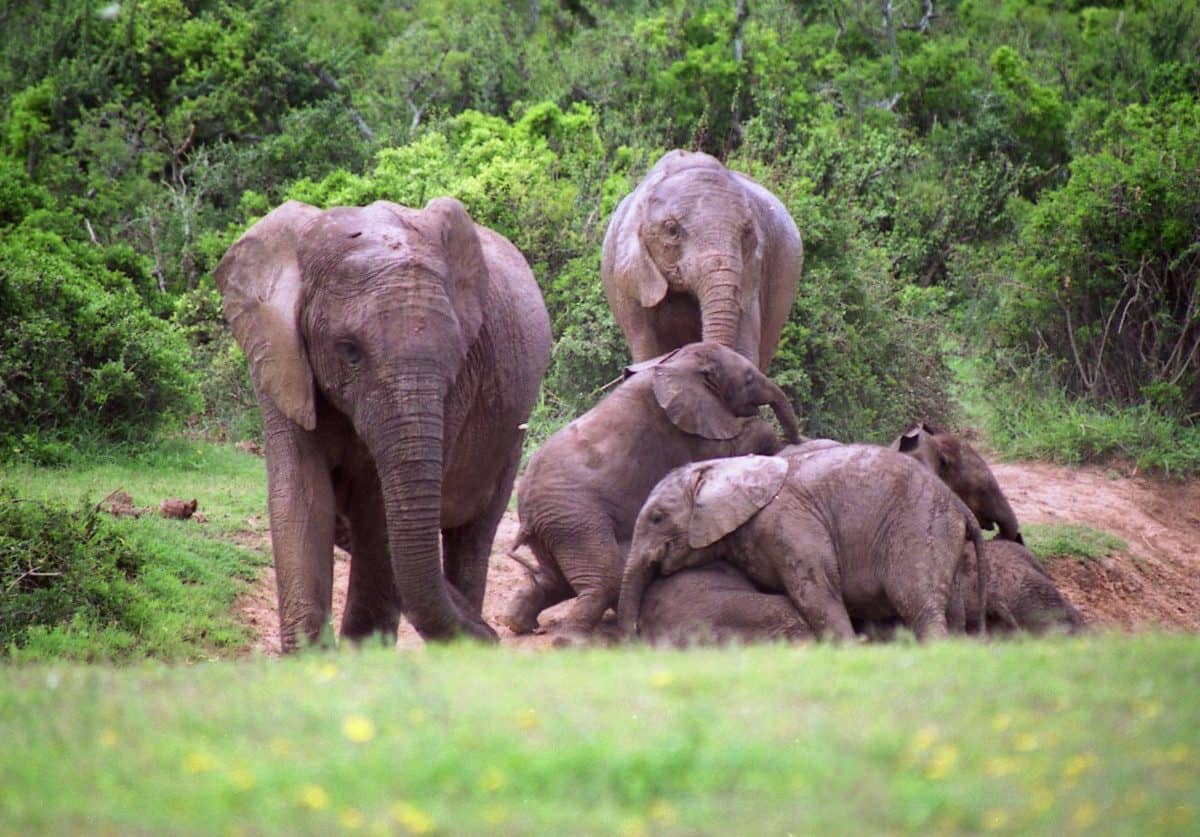South Africans To Access National Parks For Free This September

South African National Parks Week takes place annually and is normally organised by South African National Parks (SANParks). During this period, South Africans are given free access to most national parks.
Since the program began 13 years ago, 438 361 citizens have been given the chance to enter national parks.
This year, South Africans have been added with more days to access state parks for free during the National Parks Week.
The South African National Parks has extended days to access national parks for free following complaints launched by locals saying they were not able to attend during the week due to busy schedules.
Fayroush Ludick, SANParks regional spokeswoman said the event offers SA citizens the chance to visit one of the country’s 21 parks for free.
“It’s important for South Africans to visit and know the importance of national parks. They act as spaces to practice sustainable conservation, as spaces that preserve and celebrate our culture and heritage, and we now see national parks playing the critical role of empowering communities living adjacent to parks through job creation and we continue to explore ways of creating business opportunities particularly for small business owners,” said SANParks chief executive officer Fundisile Mketeni.
This year’s parks week will take place from Sunday 8 to Sunday 15 September 2019.
Nationals of the Southern African country will get free entry in any national park of their preference including Addo Elephant National Park (outside Port Elizabeth), Camdeboo National Park (on the borders of Graaff-Reinet), Garden Route National Park (with its Tsitsikamma, Knysna and Wilderness sections), Karoo National Park (outside Beaufort West) and Mountain Zebra National Park (near Cradock).
Normally, South Africans interested in accessing the parks for free are required to carry their IDs with them.
SANParks chief executive officer earlier revealed that the concept of free national parks week was born after it was observed that most South Africans never visited parks.
“This is also an effort to reach out and allow all citizens a chance to freely access something they might not have been exposed to. We especially want our young people to take advantage of this opportunity because this heritage will be under their protection in the near future,” Mketeni said.
Featured Image Courtesy: Brian Snelson /Flickr